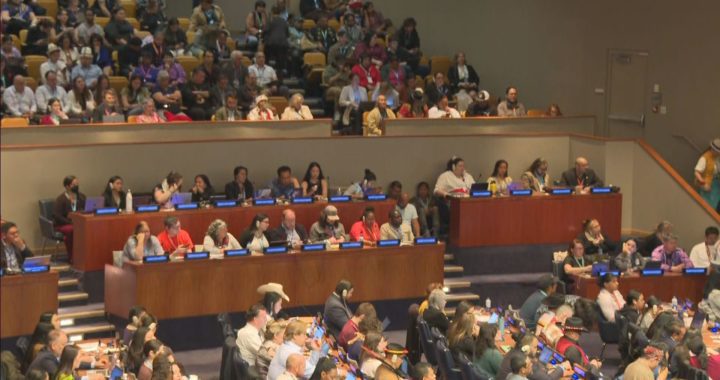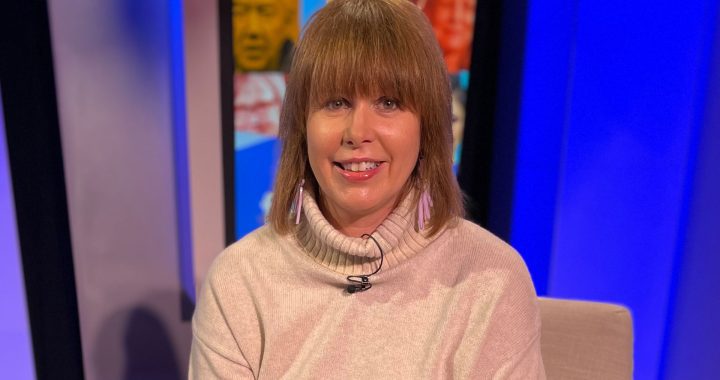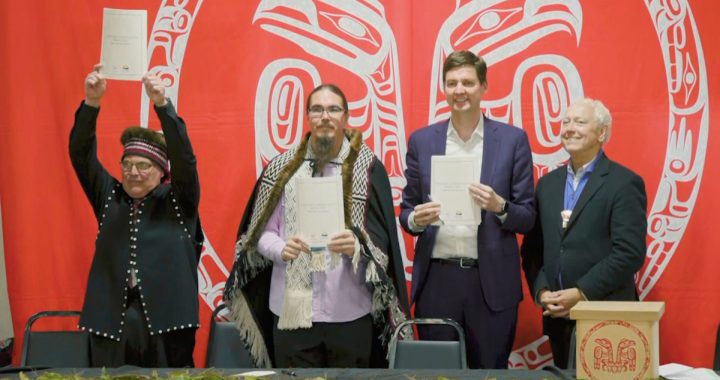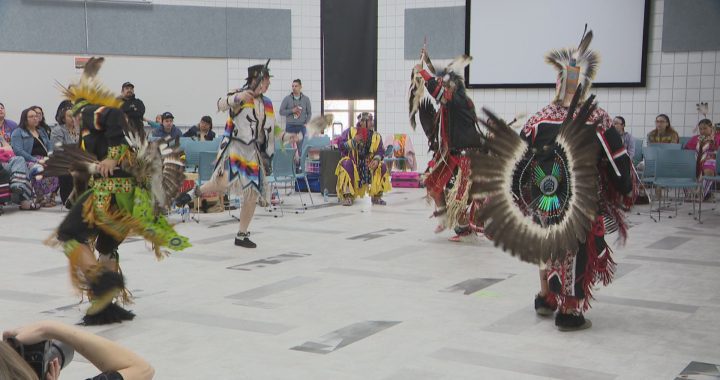A virtual festival addressing the climate change crisis and COVID-19 pandemic is set to take place later this month with guest speakers from Alaska to California.
The Festival of What Works will also feature prominent Indigenous leaders and artists from British Columbia, such as Eden Robinson, Haisla/Heiltsuk author of Monkey Beach, and Wet’suwet’en hereditary Chief Na’Mox.
Building off the success of a festival hosted in Alaska last year event founder Salmon Nation, an organization that aims to build healthy localized communities and networks, say they transitioned virtually to reach people across borders during the pandemic.
Ian Gill, a co-founder of Salmon Nation, says presenters will share their solutions on both the climate change crisis and the pandemic.
“What is actually going on out there in the world that people can exchange ideas about and learn from each other and maybe even invest together in solutions? Then the other thing about the festival, we have got some great music coming with authors and really good writers, we have got entertainment,” said Gill in an interview with APTN News.
There will be music performances from Portugal. TheMan and Stephanie Anne Johnson.
The event will have food preparation tutorials on canning salmon and making frybread.
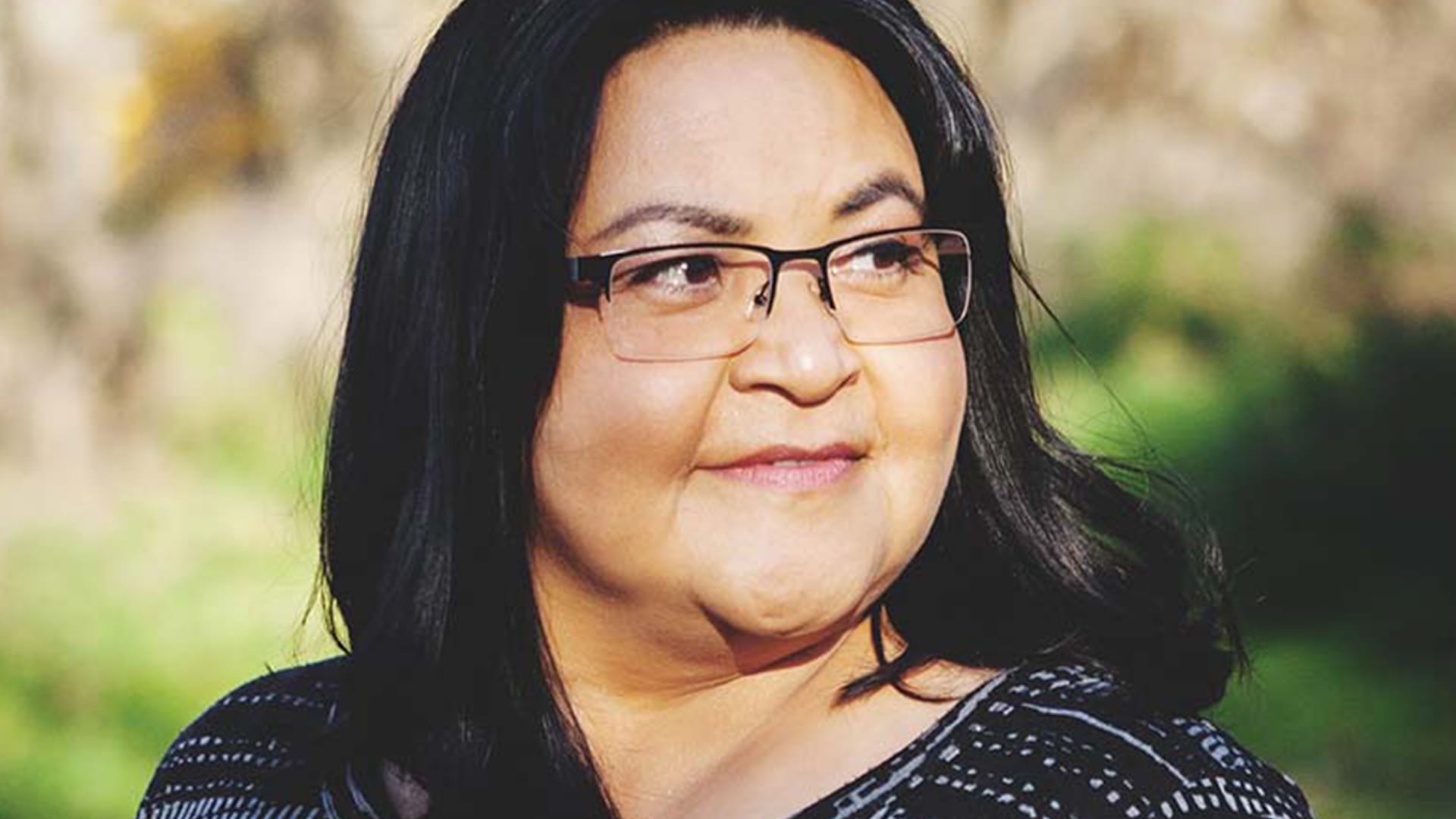
A diverse group of entrepreneurs, artists and Indigenous leaders will share their thoughts on a wide range of topics.
“How do you launch a business in COVID and climate change times? How do you launch a business in the unceded territories of Indigenous people that involves them and actually employs Indigenous people or even includes them as investors and everything else,” said Ian Gill.
“How do we actually follow through on these commitments on the UN Declarations of the Rights of Indigenous People to actually involve Indigenous people in any development that goes forward?”
There will be opportunities for participants who tune in to engage and ask questions in panel discussions.
Ian Gill describes the Salmon Nation network that works across borders.
“The Southern most range of pacific wild salmon, the northern part of California right through to the northern part of California right through to the north slopes of Alaska and all the communities, watersheds, all the rivers that flow the mountains down the coast, all the grass from the prairies and all the estuaries flowing out into the sea which also happens to coincide with the geography of where the big trees traditionally have been and old growth forest of the northwest. It also happens to coincide with very powerful long-standing Indigenous populations have lived and thrived for thousands of years.”
Gill is hoping this event can generate ideas that help reset our relationships with nature and find new ways to collaborate, putting communities first.
“Tell us your stories, it’s an invitation for people to think differently and then to start to contribute to a different narrative on how we are going to survive and not just survive like hang on against the pandemic or hang on against climate change but that if human species is going to thrive everything we need to live well is in this bioregion,” shared Gill.
The festival is set to take place on Nov. 15-22. The schedule can be found here.






